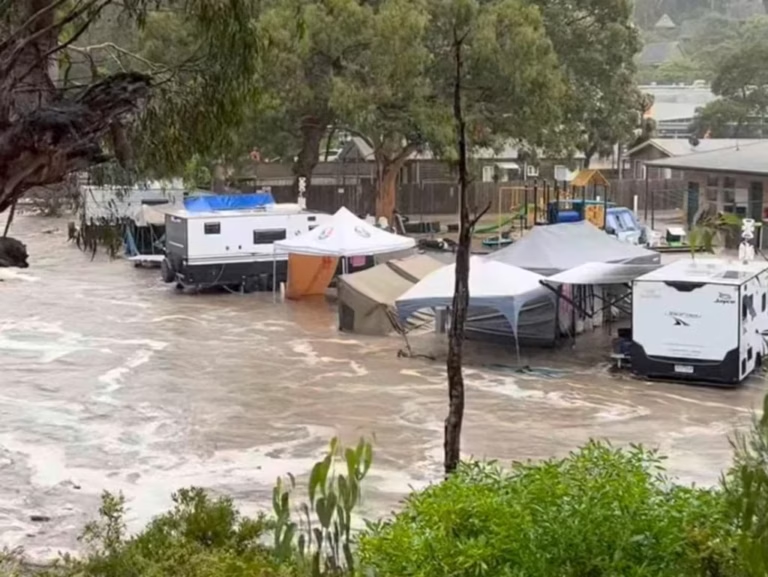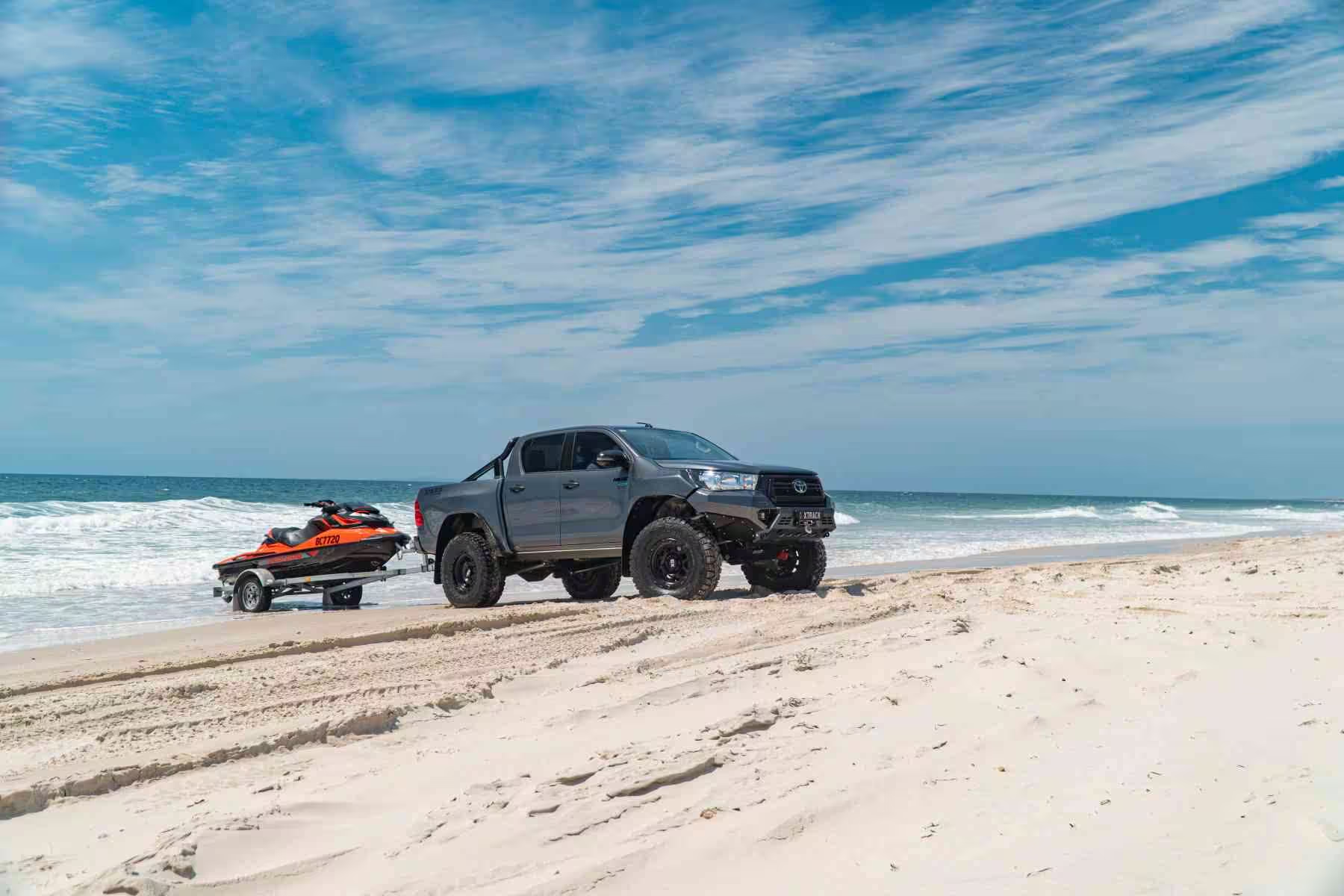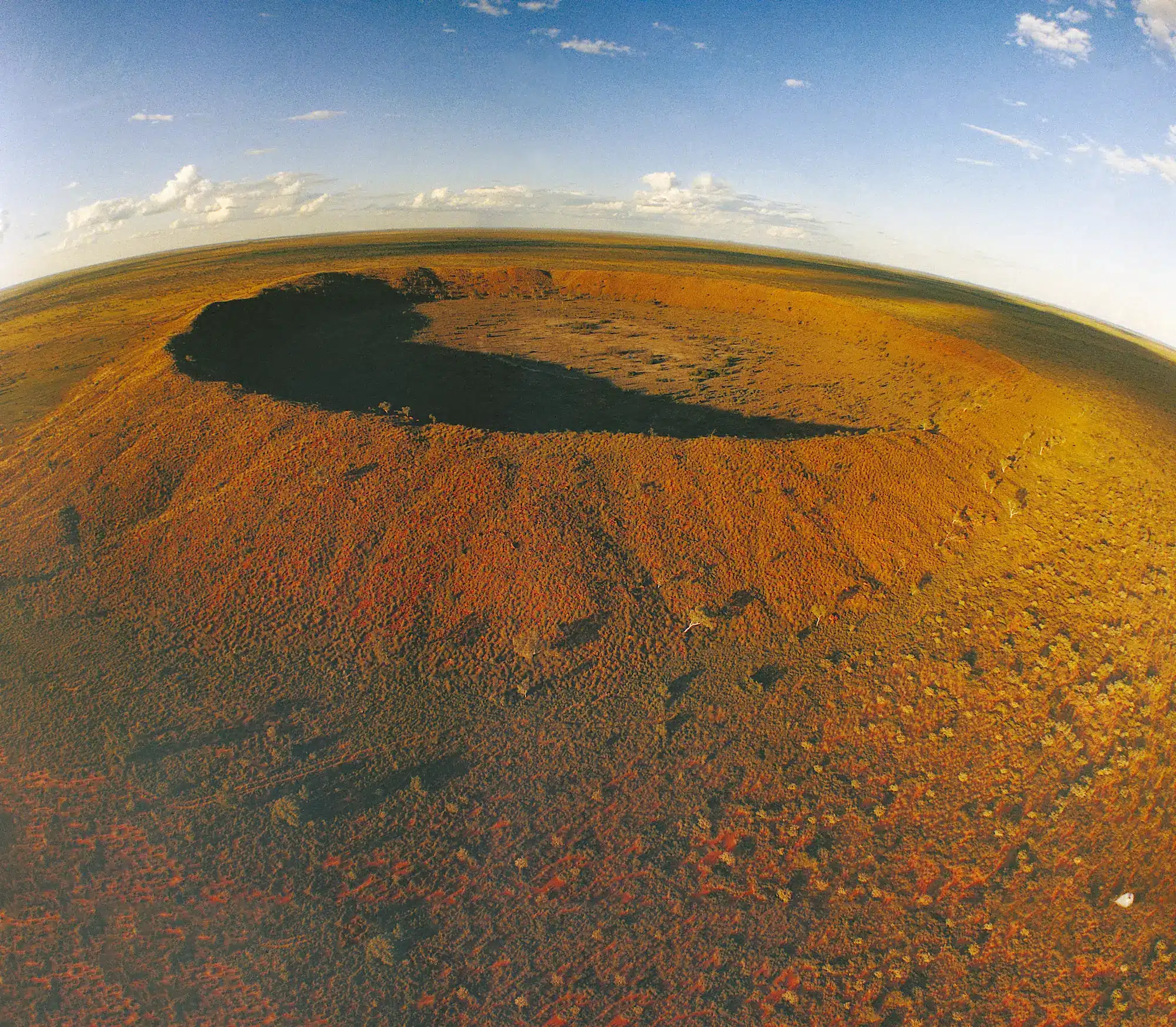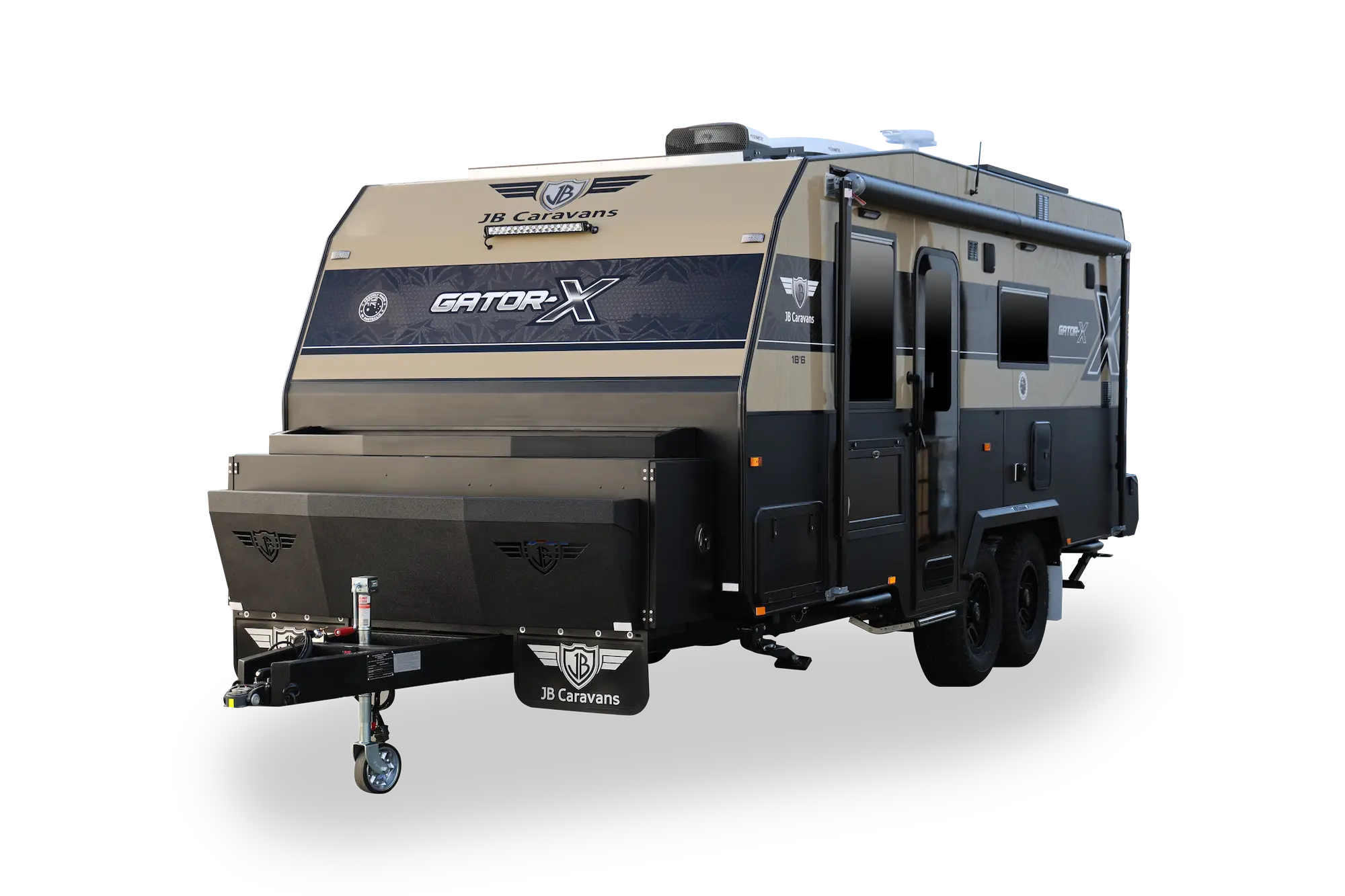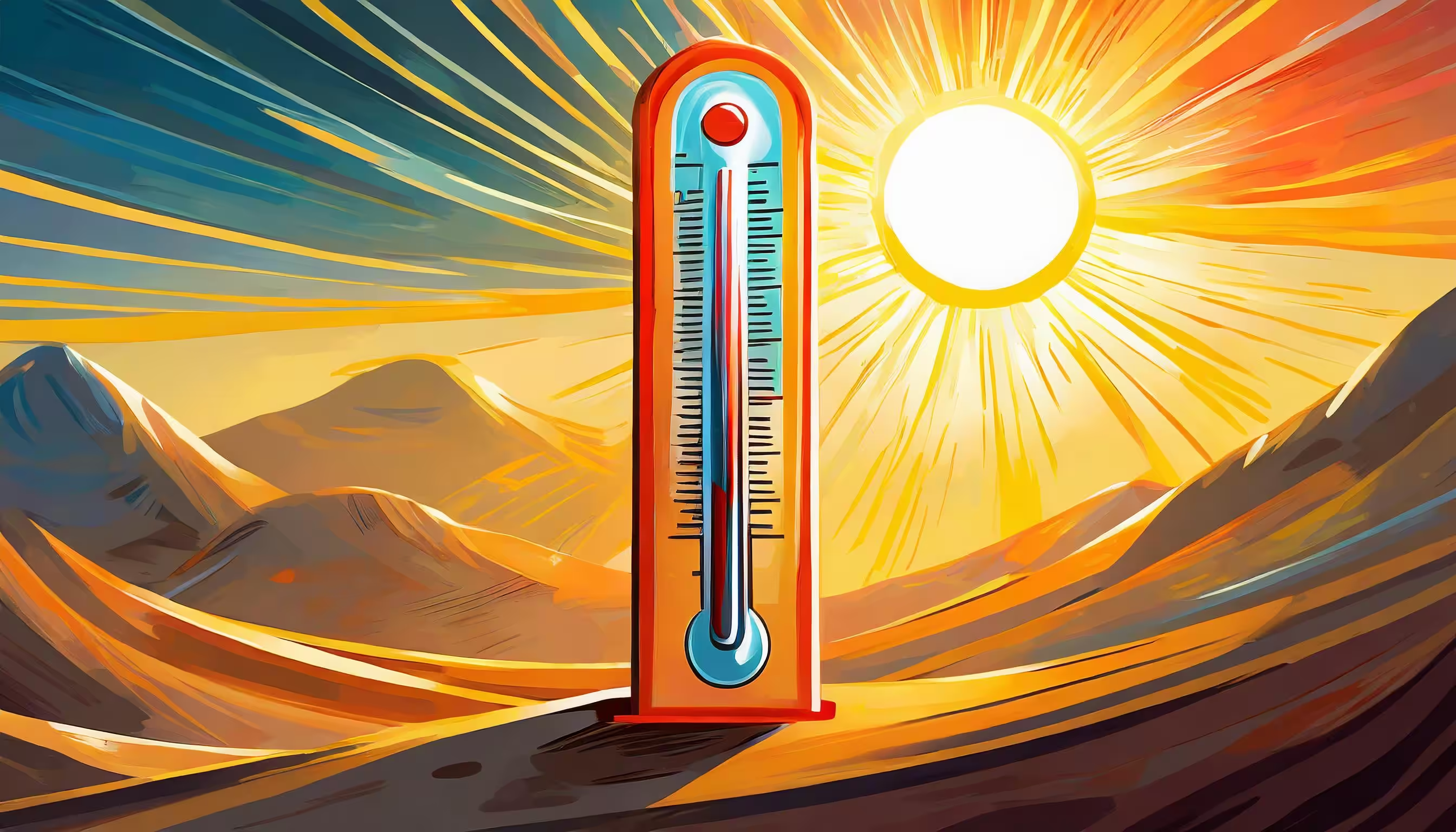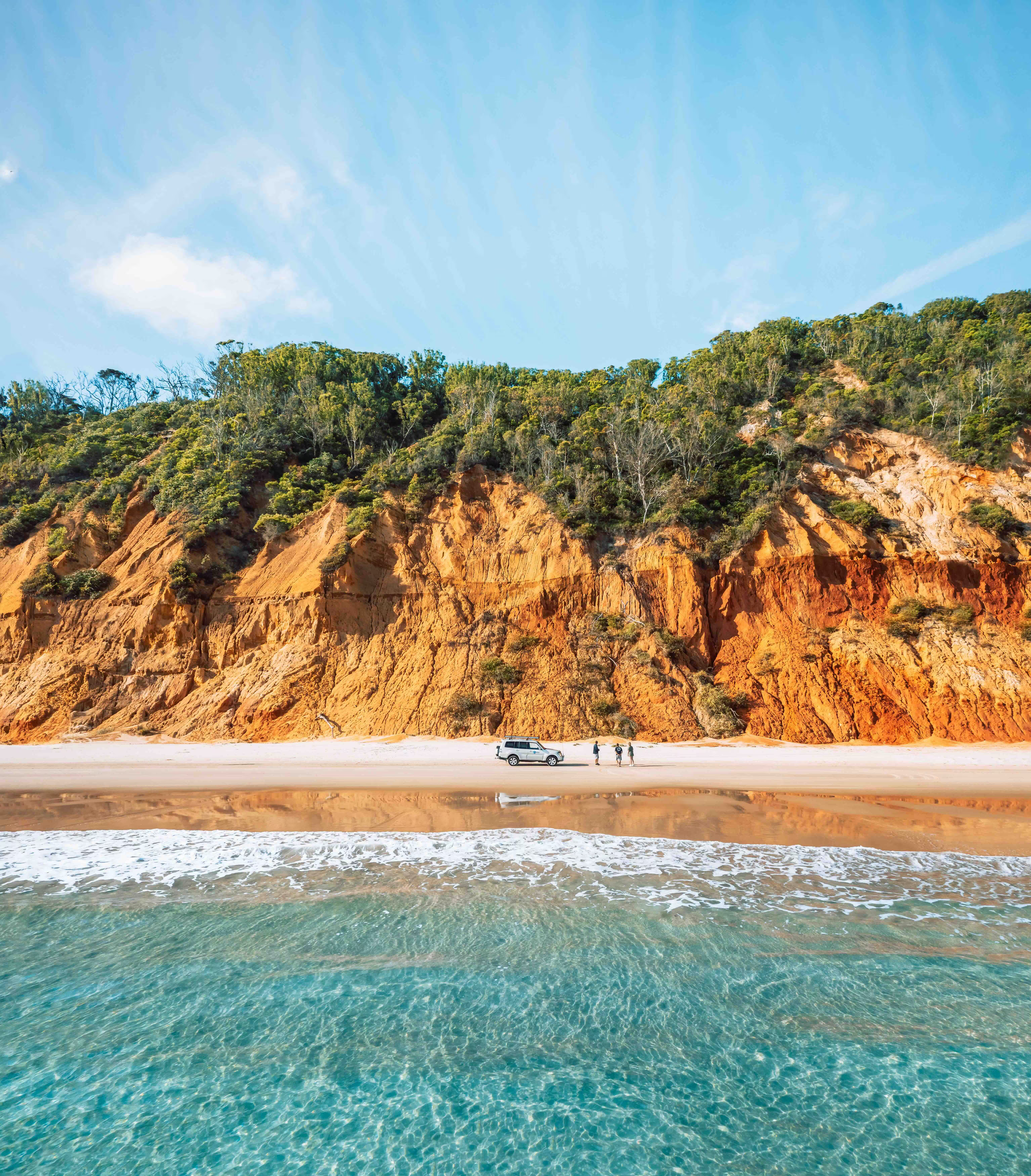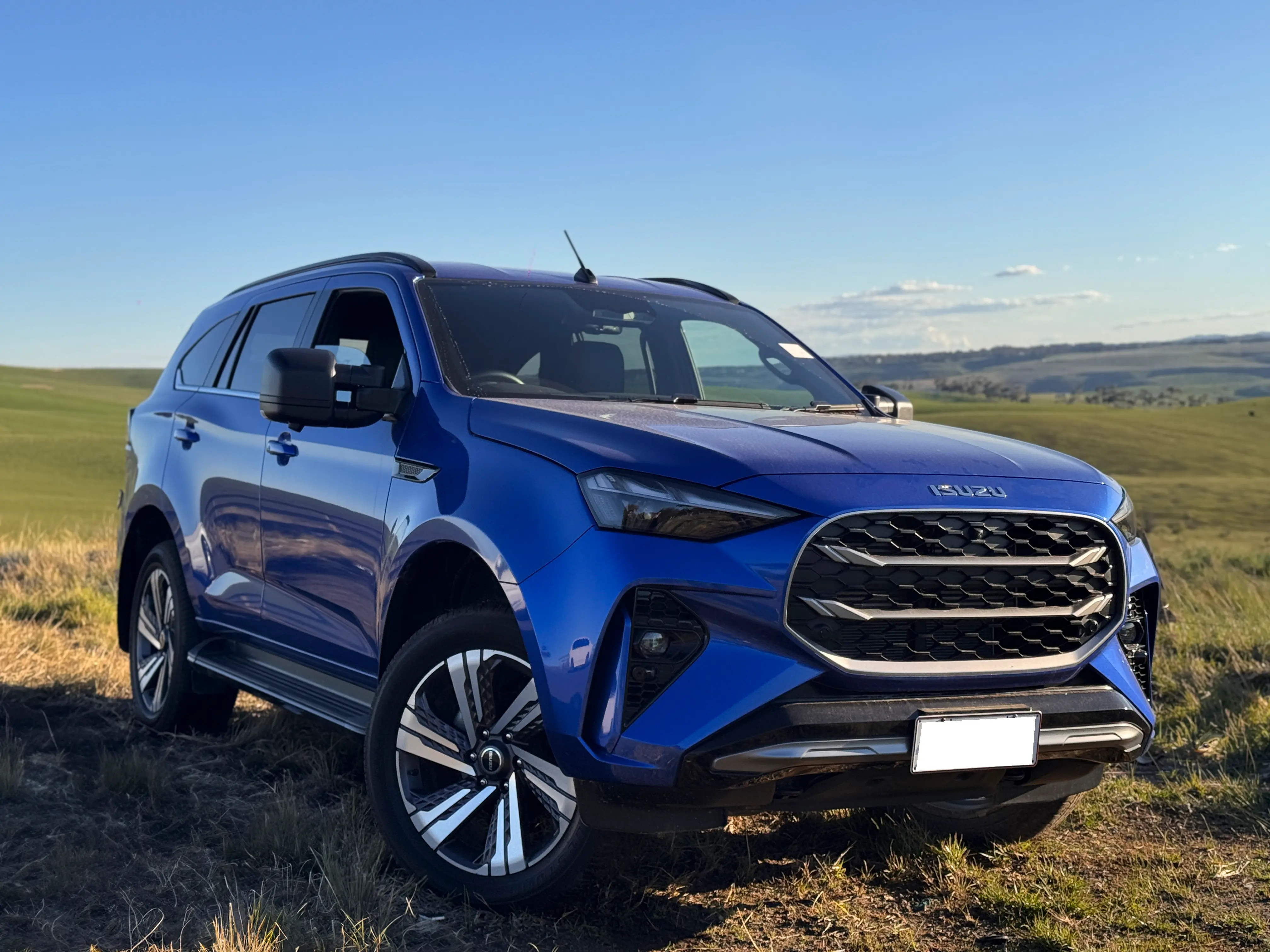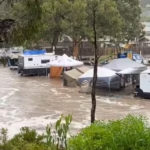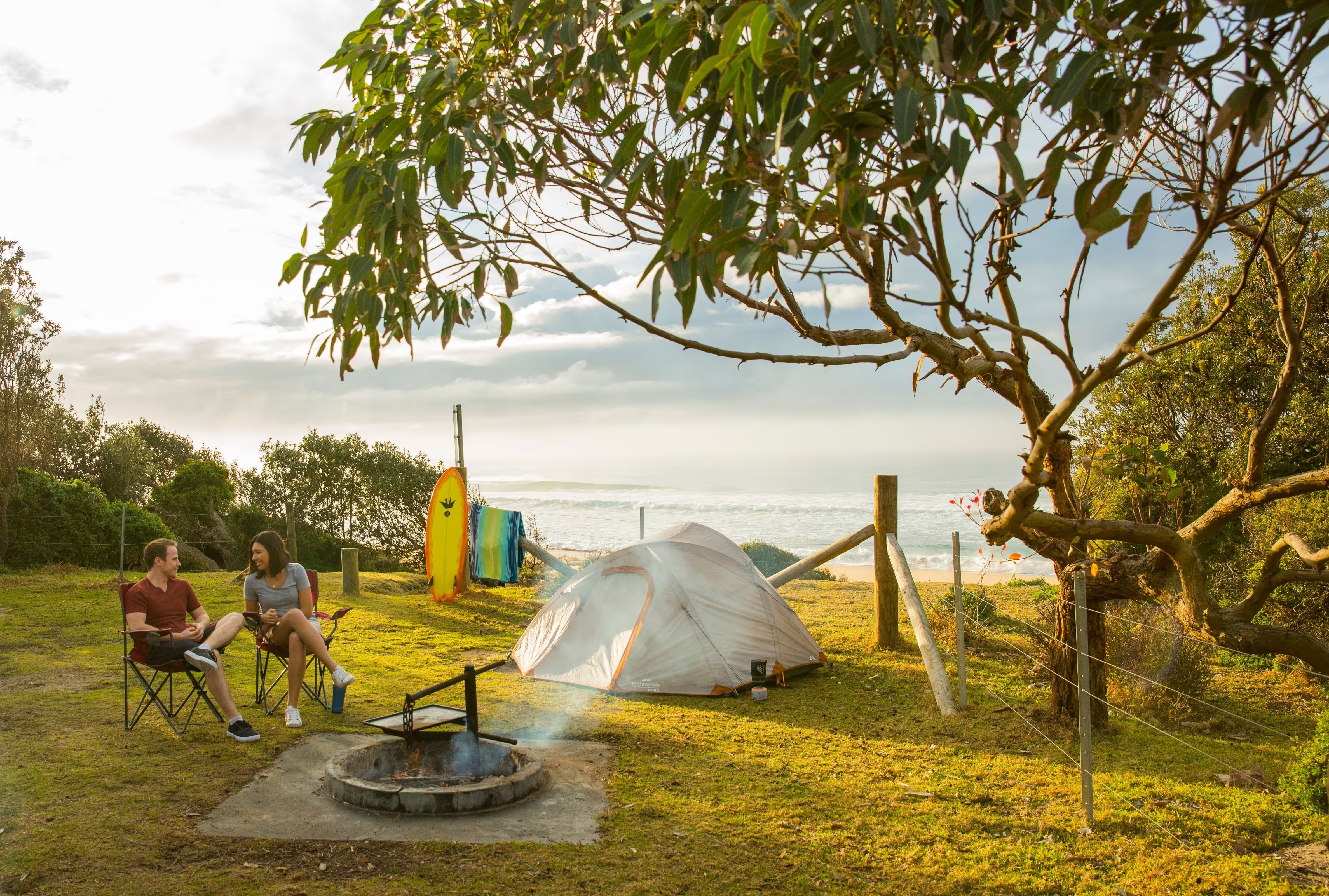
A proposed overhaul of camping fees in NSW national parks has sparked outrage among campers, with some accusing the NSW Government of price gouging.
The NSW National Parks and Wildlife Service (NPWS) has released a consultation paper proposing a new six-tier fee structure that would increase fees at some popular campgrounds from as little as $6 a night to up to $89 in peak season.
However, some fees will fall under the new system, which the NPWS says will make campground fees more consistent and help stamp out “ghost camping” – when people fail to turn up or book more sites than they plan to use.
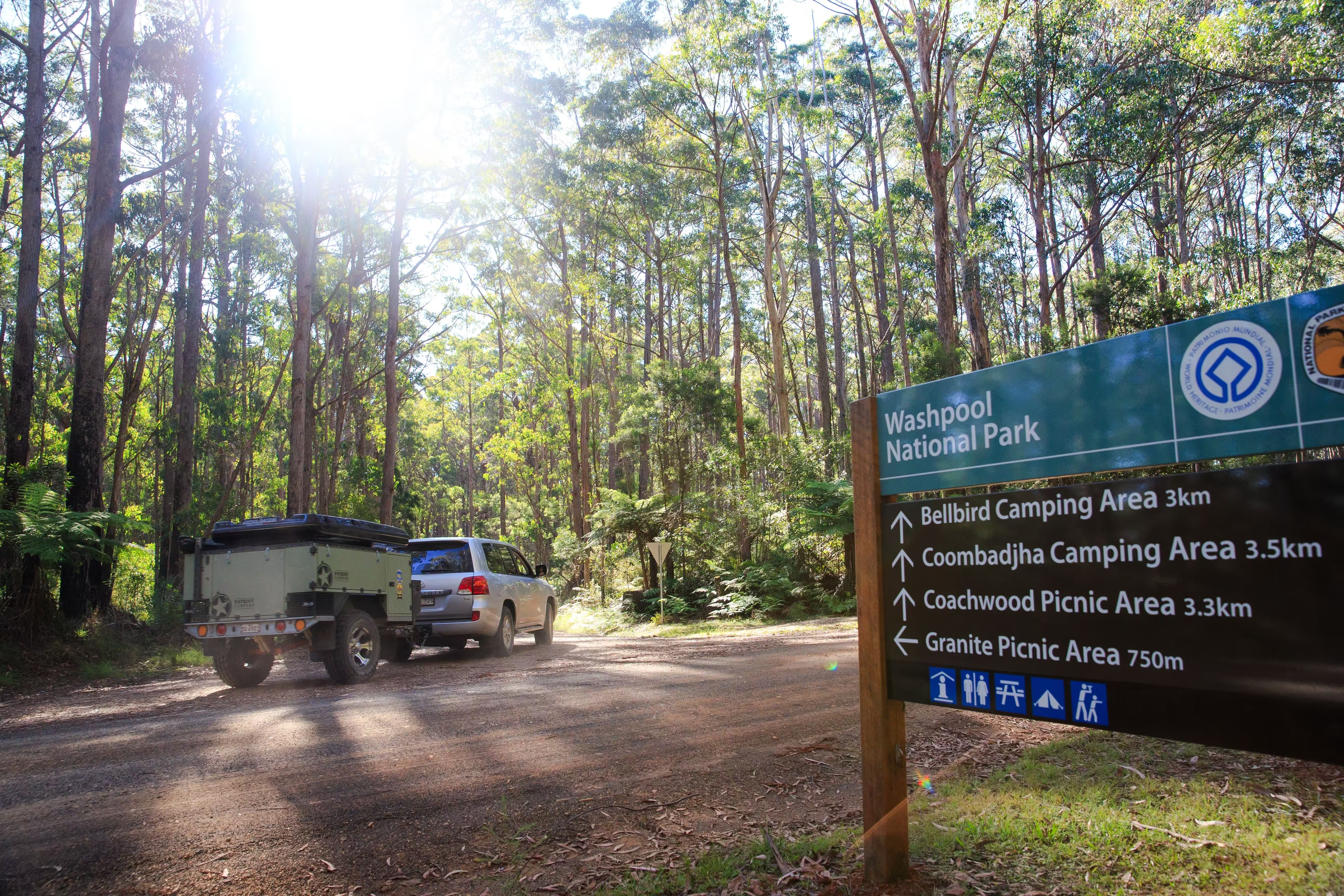
Not a happy camper
The backlash on social media has been fierce, with one poster baulking at paying “up to $90 for a patch up grass”.
“How can we get to a point where even camping costs over $600 a week and becomes an activity for the privileged only,” the poster said. “With national parks wanting to charge commercial caravan prices, what next – caravan parks start charging upwards of $150 a night!”
Another camper said their go-to campground, three hours’ drive from Sydney, would jump from $17 a night to $60 and almost $90 in peak season. “That’s my budget blown. Between fuel and food, it would be out of our price range. Goodbye weekends away… It is sooo [sic] wrong. The cost of living is bad enough without taking the only cheap option for holidays away.”
Other campers were more pragmatic, acknowledging that the increased charges would discourage no-shows and help improve facilities. “Ghost camping is a real issue… a modest fee system would discourage this,” one poster wrote. “A user-pays system is equitable, and if the funds go towards maintaining our facilities and trails, I’m all for it.”
The fee lowdown
The NPWS is proposing a six-tier, sliding fee structure, with campsite prices pegged to facilities. Basic campgrounds with no facilities, including walk-in sites, would be free. Other campsites would range from $13 per night in low season for a site with a pit toilet only ($22 in high season), up to $54 for a premium site with flushing toilets, hot showers, barbecues and picnic shelters ($89 in peak season).

According to the consultation paper, premium fees would apply to only 4 per cent of the 365 NPWS-managed campgrounds. Most (about 86 per cent) of campgrounds would fall in tiers two to five. Prices would increase by CPI each year.
The NPWS says camping fees have not increased since 2017 and the proposed changes would make the system fairer and more transparent. They would also help address a legacy of ghost bookings and inconsistent fees that “do not reflect levels of service and amenity”.
“The introduction of a standardised, tiered fee system across campgrounds would ensure that camping in New South Wales national parks and reserves is equitable for all visitors,” the consultation paper says.
“Fees would be set on a sliding scale based on the type of campground services and facilities provided. Some modest fee increases would support ongoing maintenance and provision of onsite visitor services.”

Refunds for cancellations
In 2023/24 there were 1.8 million overnight stays in NPWS-managed campgrounds across NSW. The new fee structure would include an 80 per cent refund for cancellations made up to three days in advance (50 per cent thereafter) to incentivise campers to cancel unwanted sites. Fees would include up to six campers per site, with no extra charges for additional people and no booking fees. A park entry fee would still apply, on top of camping charges.
The overhaul follows consultation with more than 200,000 national parks visitors and campers. The NPWS says post-stay surveys showed 90 per cent of campers were satisfied with their experience, however ghost bookings and a perceived lack of management presence and maintenance were persistent issues. Most responders (87 per cent) said they wanted the certainty of being able to book a site, and 69 per cent were willing to pay for better facilities and service.
The NPWS is inviting campers to have their say on the proposed changes during a consultation period ending on May 25. Make your voice heard by completing the survey.


